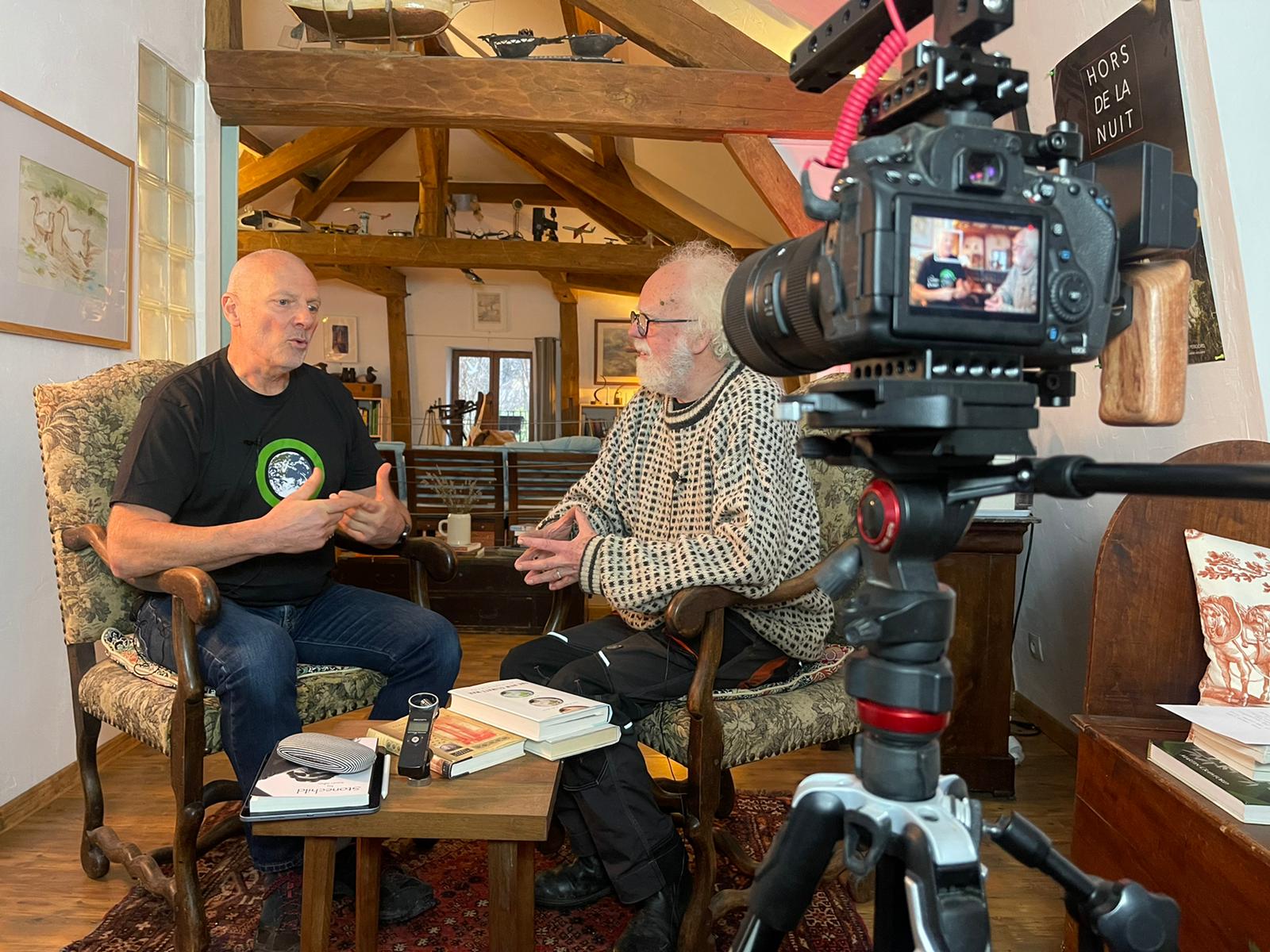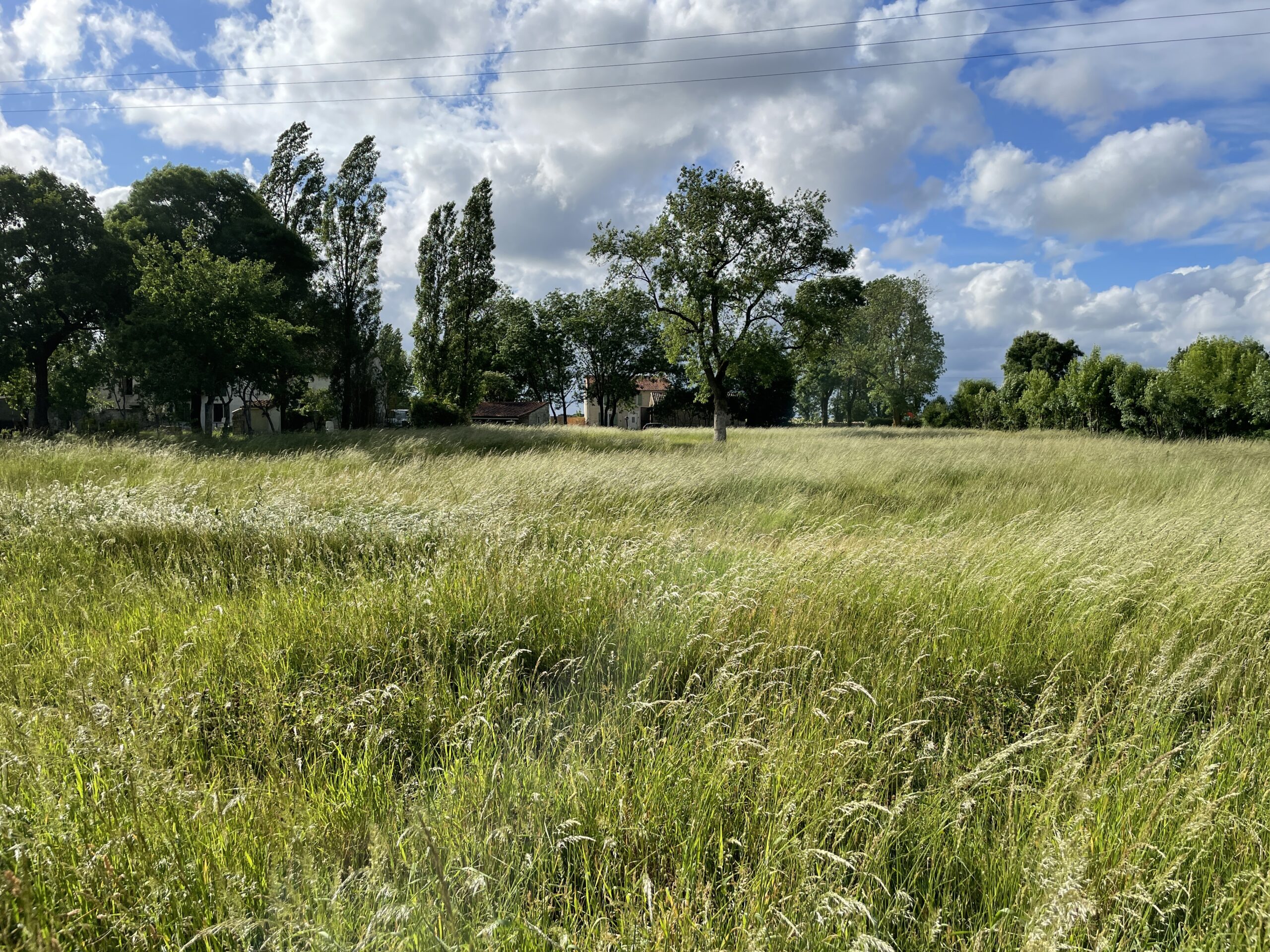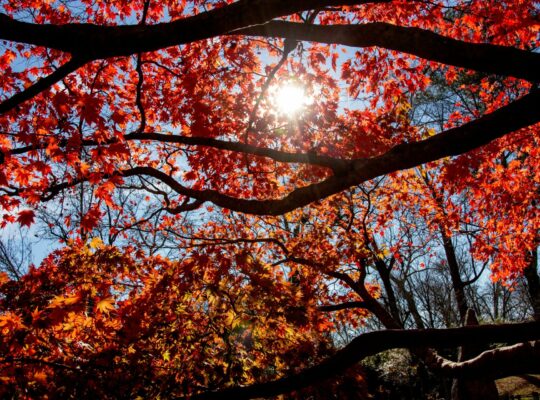Small Steps Go a Long Way
Guest Post by: Kevin Albin, writer and author
Climate anxiety or eco-anxiety, or any type of anxiety, is not healthy for us. I come from an any-problem-can-be-solved type of background. I was a police officer in the UK for 25 years and then a mountain guide, working across the globe. So, when I started to get active in the climate crisis, I thought to myself, we’ve got this; we’ll have this cracked in no time. Now, many years on, I exist between anxiety and deep frustration, but I’ve learnt some coping mechanisms along the way.
Knowledge is everything in my book, so I took to learning through the many online courses, UNCC Learn do a whole range. I also trained as a Climate Reality Leader under the former Vice President Al Gore and his team. A really informative course. They ask for ten acts of leadership in the first year, which gave me some real purpose: writing articles and making presentations from the material they supply. Guesting on podcasts has been great fun, and all done from the comfort of home.

Engaging on social media comes with some caution, as there is a lot of misinformation floating around and a lot of folk ready to argue anything. I’ve learned to switch off from their comments. I’m no longer interested in the climate deniers; it’s the people who want to do more but don’t know what to do that I want to engage with. It’s been an interesting learning curve, although not sure of my dancing skills to merit performances on TikTok! During the Covid confinements, I wrote and published an eco-fiction, Stonechild, where the famous statues of London come to life to show us the error of our ways. I’m hoping someone will pick it up as a film. Any takers?
Sometimes, I feel angry at the fossil fuel industry and governments who aren’t making the radical and urgent changes that need to be made. I’m told it’s all about money, but to be honest, I don’t get it. What sort of business model is it that expects a good return when the planet is inhospitable to life? And, if I am experiencing worry and concern for my family, why aren’t they?
Focusing these emotions into something positive, I looked at how I live my life, although I want to state that whereas I agree we can all play our part, the real changes need to come from governments and big business. The technology is there or coming and with huge benefits to the economies; we just need the will and to be professionally led. Making people feel guilty doesn’t solve much.
We will all have our own list of personal efforts when it comes to travel, diet and plastics. Good on you for whatever you are doing. I try to take a regular reflection as to whether I can be doing more. I have bought an electric car despite all the arguments about batteries. It’s obvious that we need to stop burning fossil fuels and EVs aren’t perfect yet, but it’s a step towards that aim. There are many such arguments against any number of renewables, but I think we have to take these small steps to reach what will become better solutions.
One of the really pleasurable decisions I’ve recently made is to buy a piece of land and allow it to return to nature. Within the first month or so, the field was covered in buttercups and clover being feasted on by bees and other insects. All that has now given way to long grasses that sway in the breeze. I’m told by the locals that deer and foxes like to give birth to their young in long grass, and that would be amazing. I now post on my social media photos of the field and the latest events. I’ve put up a trap camera so hoping for pictures of visiting wildlife.

It has been interesting to meet many different people along the road. One spin off from the Climate Reality Training was to meet Simon Holland, a TV Film Editor running a science YouTube channel called Professor Simon. We’ve now done a number of videos together on climate change and how we can make changes. The series of reports from the Intergovernmental Panel on Climate Change, the IPCC, spoke of mitigation – how to stop climate change, and then adaptation – how to survive it. The issues of climate justice become all too apparent when we look at developing countries who lack perhaps the finance and infrastructure to survive one climate catastrophe after another. As a guide who has worked in many developing countries and with many local people, it is galling, and quite frankly, immoral, that we are not bringing these countries along, especially when it comes to assisting them with clean energy sources. Closer to home, and I live in France, Simon and I are working on a video on heatwaves; the heatwave here in 2003 killed 30,000 people. I’ve made a number of changes to my own house with its insulation and water capture, which I’d like to share.
So, going back to the start of this article, what have I learned? Small steps taken every day makes a difference. If we all consider the environment in every decision we take, we will change things for the better. Writing an article, signing a petition, supporting another climate activist all give me the feeling that I’m doing something, and that alleviates those moments of anxiety or frustration.
It’s also the contact with others, reaching out to the like-minded, who are undoubtably experiencing similar emotions, and as already mentioned, to those who don’t know what to do or would like to do more. I’m currently exploring how I might tap into the expat community here in France. There are a lot of publications and forums out there, I stick to the more positive ones, such as Happy Eco News, and a lot of people, especially now with the youth movement, are making huge differences to solving the climate crisis.









